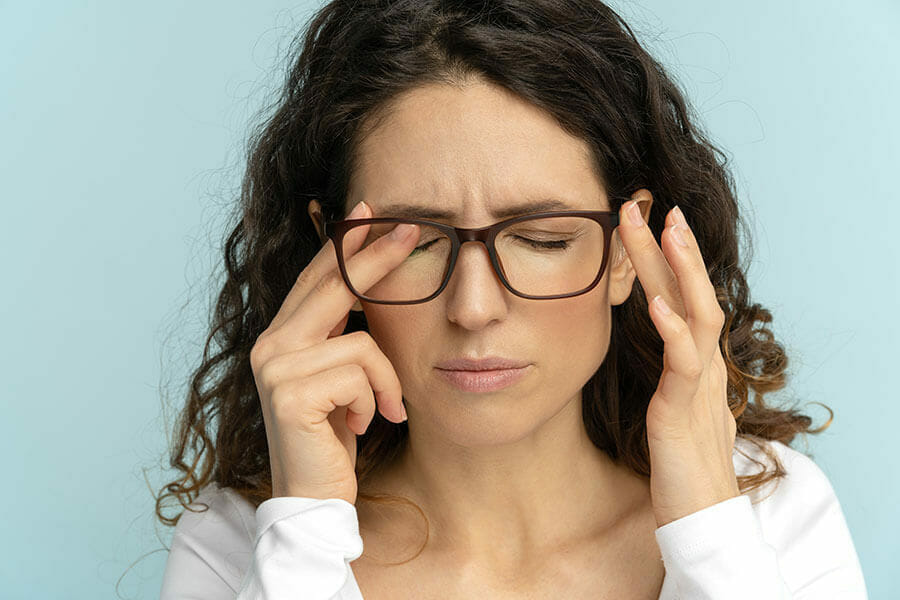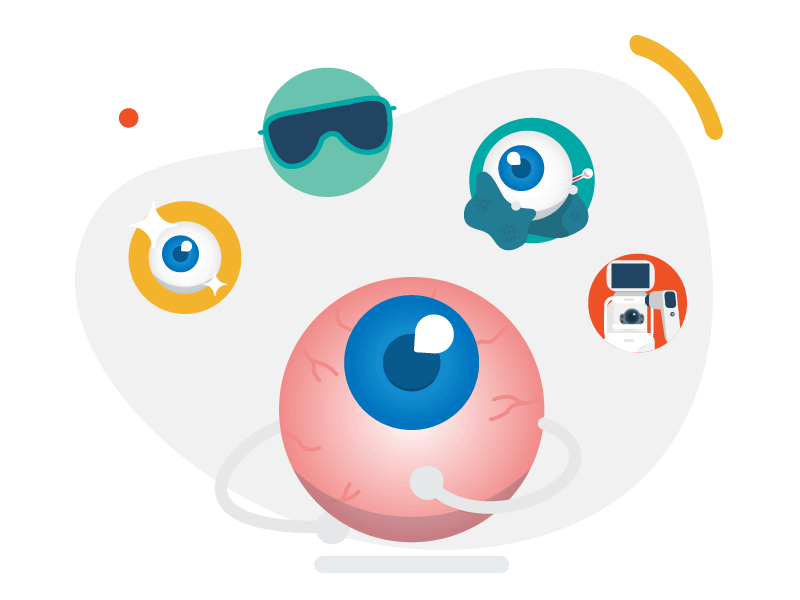Yes. Smartphones do emit blue light, although the overall amount of light emitted by a cell phone is very minimal. When we go outside during the day our eyes are exposed to tens of thousands of lux of light, lux is a measurement of light that is experienced at the point of measurement. Sunlight is full spectrum, which means that it includes parts of the spectrum of visible light known as High Energy Visible (HEV) Blue Light. When you use your mobile phone the amount of blue light emitted is a tiny percent of the blue light that we would be exposed to by spending a few minutes outside during the day. There is some evidence that suggests that blue light is harmful when exposed at night or close to sleep, particularly a Harvard study that showed that blue light exposure impacts our circadian rhythm, which regulates our bodies production of melatonin and therefore our sleep. While the amount of blue light emitted from a cell phone is probably far too little to impact the health of our retina, it may be harmful to our sleep and therefore detrimental to our overall health. Many phones have a night mode that automatically reduces the level of blue light emitted, this is always a good idea when looking at mobile devices at night. While the science of blue filtering lenses is still undecided, many optometrists are of the opinion that the potential benefits are worth the extra caution. Note that not all blue filtering lenses filter out the same amount of blue light or the same frequencies, speak with our optometrists about the best options for your needs.





















